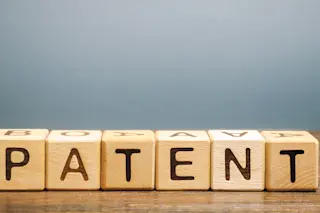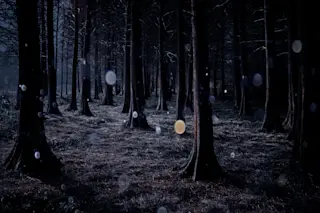
In case you've been living on the Moon and haven't heard, President-elect Obama wants to delay the date (currently set at February 17) when full-power analog TV broadcasts will cease for ever and ever. The Consumer Union, among others, agrees. Who strongly disagrees? Consumer Electronics Association CEO Gary Shapiro and FCC Chairman Kevin Martin, who are currently talking about the future of media and content technology at CES. Shapiro went so far as to mock the president-elect by asking if that was "change you could believe in." Martin, in more politic language, basically said no--they should hold fast on the date because moving it could: (1) confuse consumers, (2) mess with broadcasters that already have plans to shift their hardware around February, (3) mess with companies that are ready to start their build-out of the vacated spectrum, and (4) erode the government's credibility as a sensible actor. Martin had a funny story about that last point from the test program in which broadcasters in Wilmington, North Carolina, stopped analog transmissions last September to see how the transition might run when it went nationwide. He said that most residents had no problem, but 2-3 percent of people raised hell that their TVs had suddenly been bricked. The FCC asked these folks if they knew about the upcoming date, and they largely did. So why didn't they get prepared by buying converter boxes? "'We didn’t think you’d do anything,'" says Martin. Other revelations from Martin's fast-talkin' session: He thinks cable TV service (where price is going up faster than inflation) is the medium that is lagging in innovation and serving the customer; the government has an obligation to protect kids from ads for unhealthy food; broadband doesn't need any obscenity regulation because you "choose to pull down" Internet content, as opposed to TV content that's "pushed out to you."











